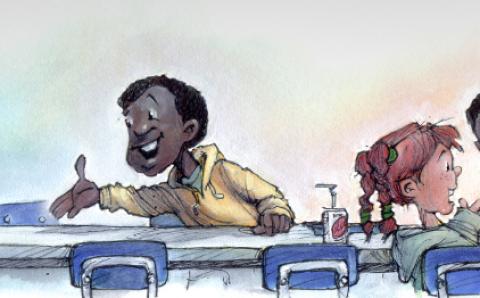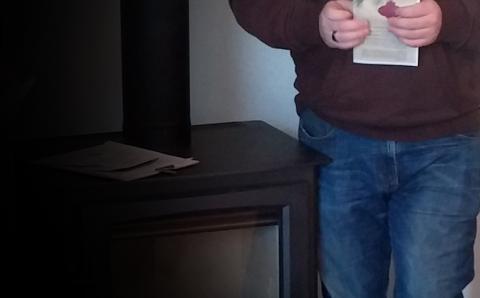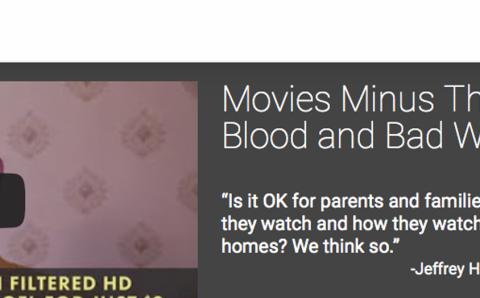Justice
Q What can we do about injustice from the past?
A This is a global question that arises in post-conflict countries and North America today. A recent Truth and Reconciliation Commission report in Canada, for example, drew public attention to the injustice done to generations of indigenous children—more than 150,000 in total—who were forcibly removed from their homes to attend residential schools that were designed to “take the Indian out of the child.” A common response is: “What can we do about it now?” The same question arises in the United States. In post-conflict countries, historic injustices often remain unresolved. In each case, we want to change the future even though we can’t change the past. But how?
Sincere apologies are helpful but not adequate without corrective action. Legal prosecution of perpetrators, such as the Nuremberg trials after World War II, can play a part, but are not broad enough to heal wounds in whole populations. Financial compensation can help victims deal with impacts but may not change factors that led to the injustice.
Reconciliation and restorative justice offer a different path than “payback” or “forget it and move on.” It could be called “remember forward.” Learning from the truth, the focus is putting just systems in place now and restoring broken relationships. Truth, justice, and healing come together. This approach draws on deep roots in the Christian story of redemption. In post-conflict countries, this mix is called “transitional justice,” an emerging field of practice.
Right in principle, this approach is difficult to put into practice. It requires intentional and persistent action over time, extensive dialogue, and inclusion of all parties. Without that, it leaves unfinished business. But transitional justice also offers rich rewards for those who engage in it.
—Kathy Vandergrift is a public policy analyst living in Ottawa, Ont.
About the Author
Kathy Vandergrift teaches public ethics to university students and advocates for the rights of children.









